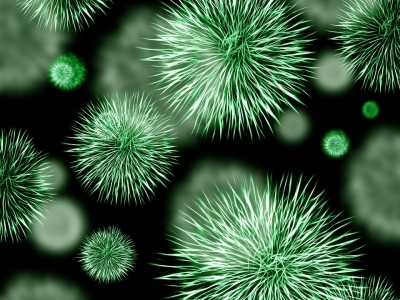
Sydney, Jan 19 (IANS) A vet in Australia is strongly pursuing with the regulatory bodies to inoculate the country’s pets against Covid with the vaccine for pets, developed in Russia, the media reported.
Dr Sam Kovac, from Southern Cross Vets in Sydney, has yet not been granted approval from the Australian Pesticides and Veterinary Medicines Authority.
However, Kovac said he has had a ‘positive’ conversation with a senior figure in the authority about the issue of having to pay a Australian dollar $105,000 application fee to get the medicine registered, Daily Mail reported.
“They put me in touch with getting an alternative permit. So it’s looking like, fast tracking is probably the wrong word, but there is an alternative method that we’re looking at to get this approved now,” he told Daily Mail Australia.
“It’s pretty exciting. It’s looking like it’s going to happen,” he added.
Australia has about 5.1 million dogs and 3.8 million cats as pets.
“You don’t need to import a million vaccines to start off with. If there is interest from a couple of thousand pet owners then we could start with that,” Kovac said.
“In Russia, most of the work is the vets doing their consult and administering it.
“It’s a very simple vaccine and they could manufacture 24 hours a day if there is the demand for it here. But the first step is to get it approved,” he noted.
Despite many people thinking otherwise, Kovac said pets definitely can get Covid, but there is no evidence they can pass it on to humans.
“But there’s plenty of evidence from overseas that dogs, cats, ferrets, mink can contract Covid-19, the same virus that affects us, and in some cases it can be lethal and cause all the same problems that we get,” he said.
The Russian pet vaccine has been approved in Japan, Brazil and other South American countries, the report said.
Elsewhere, hamsters from a pet store in Hong Kong have tested positive for Covid-19.
To curb a outbreak, the Hong Kong’s government has planned to cull thousands of small animals including hamsters, chinchillas, rabbits and guinea pigs.
The World Health Organization has also that the risk of animals reinfecting humans with SARS-CoV-2, the coronavirus behind Covid-19, remained low.
“We understand there are a number of species that can be infected with SARS-CoV-2,” the WHO’s Covid-19 technical lead, Maria Van Kerkhove, told a virtual media briefing on Tuesday.
“There’s the possibility (of) a reverse zoonosis (that) goes from humans back to animals, and then it’s possible for the animals to reinfect humans. That risk remains low,” she said.
–IANS
rvt/pgh
